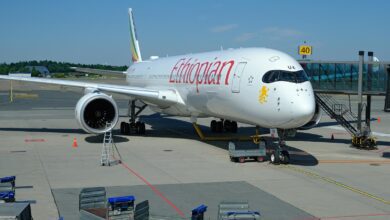Autopilot fails, forcing emergency landing of plane carrying 182 passengers

A Spirit Airlines flight with 182 passengers on board was forced to make an emergency landing after the aircraft’s autopilot system failed mid-flight, turning a routine trip into a nerve-wracking ordeal.
The Airbus A320 had taken off from Houston, Texas around 6:30 am en route to Orlando, Florida, local channel WFTV reported late on Monday.
But by 8:30 am, as the aircraft flew through turbulent weather, the autopilot malfunctioned. The pilot informed passengers over the intercom and diverted the flight to Pensacola International Airport for an emergency landing.
Passengers described a tense atmosphere as the flight crew managed the plane manually through rough skies. The plane landed safely in Pensacola, and no injuries were reported.
Spirit Airlines has not released further technical details.
However, the incident underscores how even a single system failure — especially of critical components like autopilot — can significantly disrupt flight operations.
Autopilot systems are designed with redundancies, but when they fail entirely, pilots must take over under pressure, particularly in poor weather conditions.
What was meant to be a two-hour trip became a long day of delays and uncertainty.
Passengers were eventually flown to Orlando, arriving nearly six hours late.
The emergency landing disrupted Spirit’s flight schedule and drew attention to the challenges faced by low-cost carriers.
Known for tight schedules and thin operational margins, airlines like Spirit must juggle cost-efficiency with safety and responsiveness in crisis situations.
While autopilot failures are rare, they demand immediate pilot action.
FAA records show automation-related issues account for less than 1% of flight incidents, but those few incidents require expert judgment and quick decisions.
In this case, the pilot’s swift diversion to Pensacola likely prevented a more serious emergency.
This incident highlights growing concerns over aviation’s increasing reliance on automation, especially amid worsening weather patterns.
For airlines, maintaining pilot readiness and strengthening forecasting capabilities remain crucial as they navigate both mechanical and environmental challenges.
Despite the scare, the professionalism of the Spirit Airlines crew ensured all passengers reached their destination safely—albeit shaken and significantly delayed. – Gulf News




